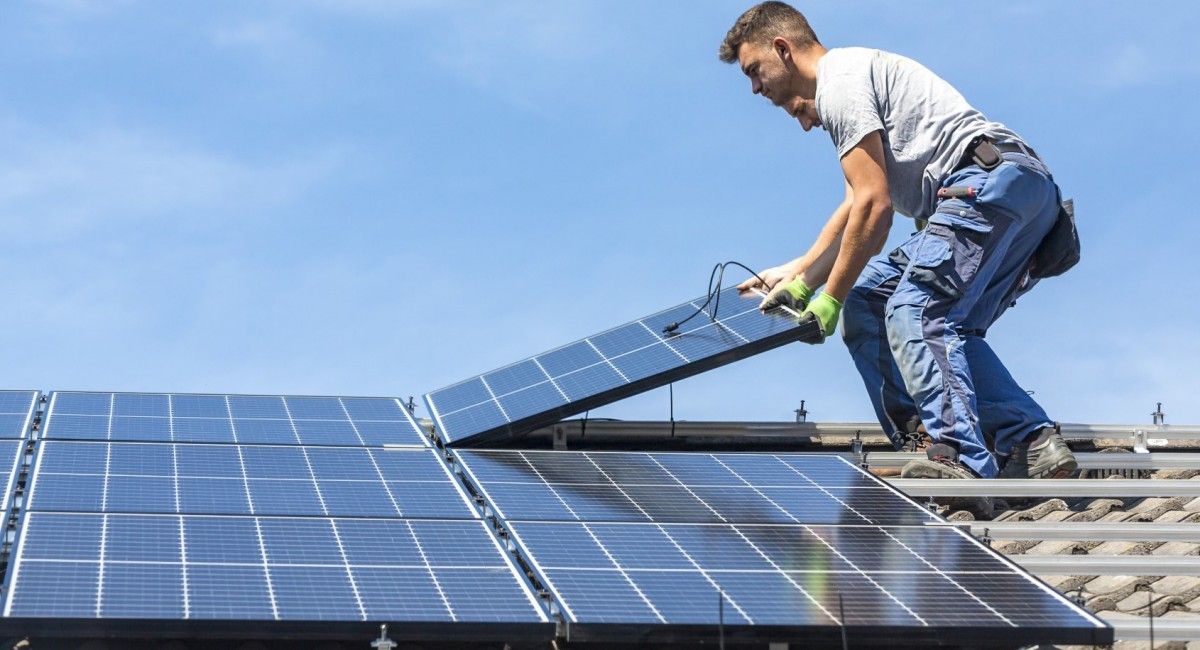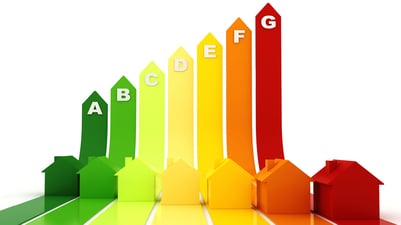Energy labels are used to indicate how energy efficient a home is. Within the European Union, it is mandatory to have an energy label for homes that are offered for sale or rent. This obligation has been introduced in Spain since 2013, while the Netherlands and Belgium have been doing this since 2008. In 2022, the European Union decided that by 2033 all existing homes in the EU must have at least an energy label D, a decision that is expected to be definitively confirmed in 2024. This means that the homes must reach a certain energy-efficient level at that time, which is a challenge for Spain, where 82% of homes currently have an energy label of E or lower.

In Spain, Belgium and the Netherlands, it is mandatory to have an energy label for homes. This label indicates how energy efficient a home is, on a scale from A to G, where A is the most energy efficient and G the least energy efficient.
The European Union decided in 2022 that all existing homes in the EU must have at least an energy label D by 2033 at the latest. This is intended to reduce greenhouse gas emissions, as homes are responsible for about 25% of total energy consumption in the EU. This will have a significant effect on the housing stock in the three mentioned countries, where currently more than 80% of the homes have an energy label that is lower than E.
To comply with this requirement, homeowners will have to sustain their homes, for example by applying insulation, installing energy-efficient appliances or switching to renewable energy sources such as solar panels or heat pumps. This will lead to a reduction in greenhouse gas emissions and lower energy bills for households.
To support homeowners in this sustainability, the governments of the three countries have taken various measures, such as subsidies and financing options for energy-saving measures. For example, the Spanish government offers free energy audits for homeowners, while the Belgian government has a premium scheme for the installation of solar panels and heat pumps, and the Dutch government provides subsidies for home renovations.
The impact of this European standard will be significant, especially in Spain, where a renovation of the least efficient buildings could save the population an estimated 50 billion euros in energy bills. However, reaching the 2033 target will be a challenge, given the current situation in which the vast majority of homes do not meet the energy requirements.
.png?width=774&height=322&name=oficina%20%20kantoor%20IMMOFY%20(2).png)




